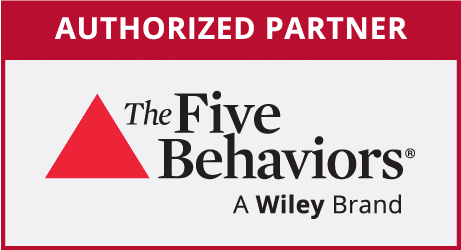Primary motive
- Quality/precision
Fears
- Mistakes, carelessness, criticism from colleagues, emotionally charged situations
Desires
- To be right
- Overview
- Security
- Praise for tasks
- Limited risks
- The support of authority, published references etc
Characteristics
- Analytical and factual
- Attentive to standards
- and detail
- Conscientious
- Diplomatic/cautious
- Business-like/reserved
- Hungry for knowledge
- Reliable
Limitations
- Over-critical towards self and others
- Indecisive
- Lacks creativity
DiSC®-based Communication – High C
When Communicating with a Person with a High C:
- Appeal to the person’s knowledge/experience
- Be thoroughly prepared
- Formulate agreements precisely and with care
- Arrive punctually
- Be systematic and logical
- Speak about data/facts, not feelings
- Be prepared to lead
- Give an overview
- Allow time for thought and reflection
- Answer questions patiently
- Leave once the discussion is over, without unnecessary talk
A Person with a High C May Develop by:
- Creating a better balance between the striving for perfection and the time available for a particular matter
- Reacting less defensively when their efforts are under discussion
- Moderating their criticism of others and their work by taking account of emotional as well as objective and factual aspects
- Imparting their knowledge and insight in a way that does not disparage or condemn others
- Being more open and willing to express their feelings
- Becoming more willing to discuss his working methods
- Being more flexible towards others’ ways of doing things
- Avoiding seeing things too black-and-white and being too rigid in their way of thinking; not always wanting to be “absolutely right”
A Person with a Low C May Develop by:
- Adopting a more neutral stance in conflict situations
- Being more critical
- Working more slowly and analytically/reflecting more
- Paying more attention to accuracy and detail
- Finding logical arguments and viewpoints
- Focusing more on quality and less on quantity
- Working at a consistent level of quality over a longer period
- Being more independent
- Spending more time on planning
- Adopting more regular habits – arriving and leaving punctually etc.
- Live according to the rule: SEE – THINK – DECIDE – ACT
- Decide and justify more on the basis of facts and data than of feelings
- Analyze and observe better
- Stay focused
- Be more self-disciplined when it comes to arriving on time, being prepared, and being systematical
- Wait longer before deciding their position
- Realizing that the social element is not always so important/ decisive










